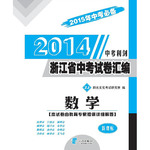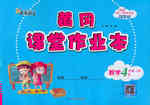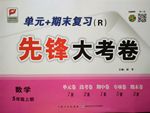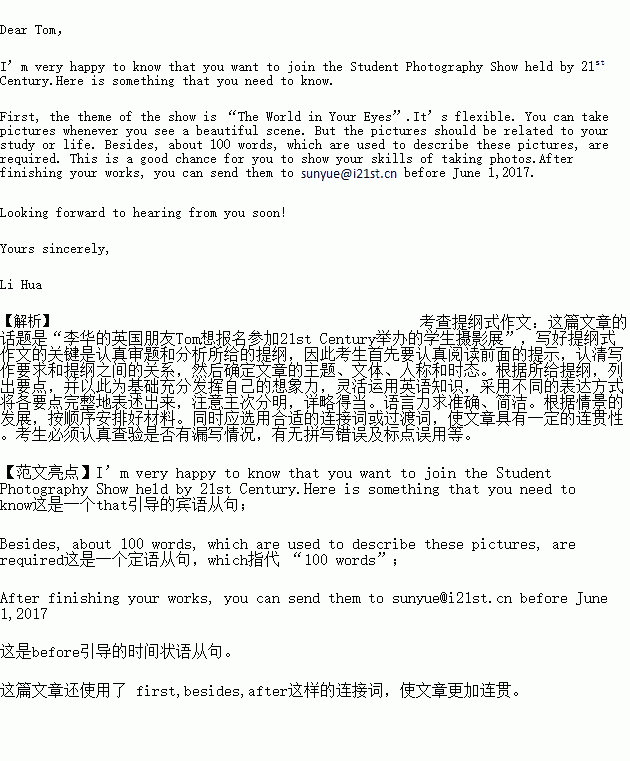题目内容
假定你是李华,你的英国朋友Tom想报名参加21st Century举办的学生摄影展。他写信询问有关参展事宜,访给他回一封电子邮件。要点如下:
1. 主题:你眼中的世界;
2. 要求:附上摄影图片及100词左右的英文说明;
3. 截稿时间:2017年6月1日;
4. 投稿邮箱:sunyue@i21st.cn。
注意:1.词数100左右;
2. 可适当增加细节,以使行文连贯。
Dear Tom,
____________________________________________________________________________________________
____________________________________________________________________________________________
____________________________________________________________________________________________
____________________________________________________________________________________________
____________________________________________________________________________________________
____________________________________________________________________________________________
___________________________________________________________________________
Yours sincerely,
Li Hua
 中考利剑中考试卷汇编系列答案
中考利剑中考试卷汇编系列答案 教育世家状元卷系列答案
教育世家状元卷系列答案 黄冈课堂作业本系列答案
黄冈课堂作业本系列答案 单元加期末复习先锋大考卷系列答案
单元加期末复习先锋大考卷系列答案| A. | considerate | B. | sensitive | C. | reliable | D. | passive |

